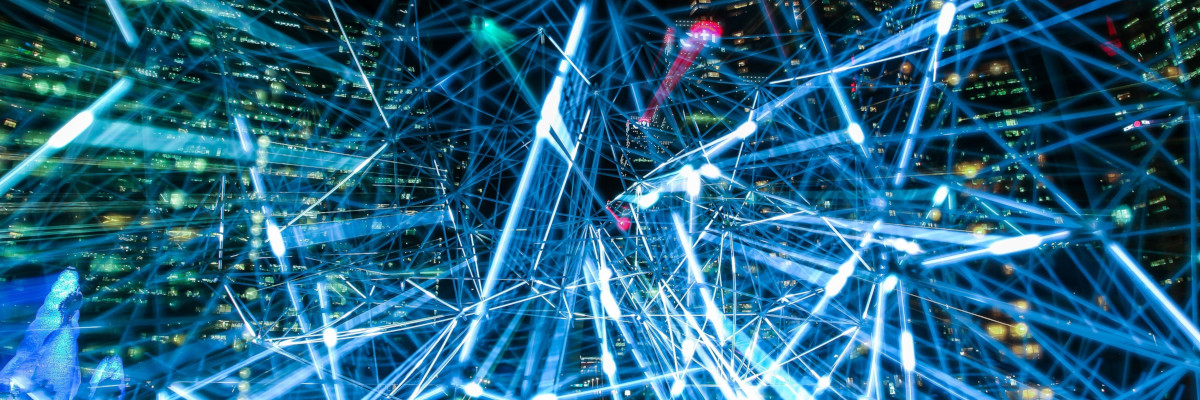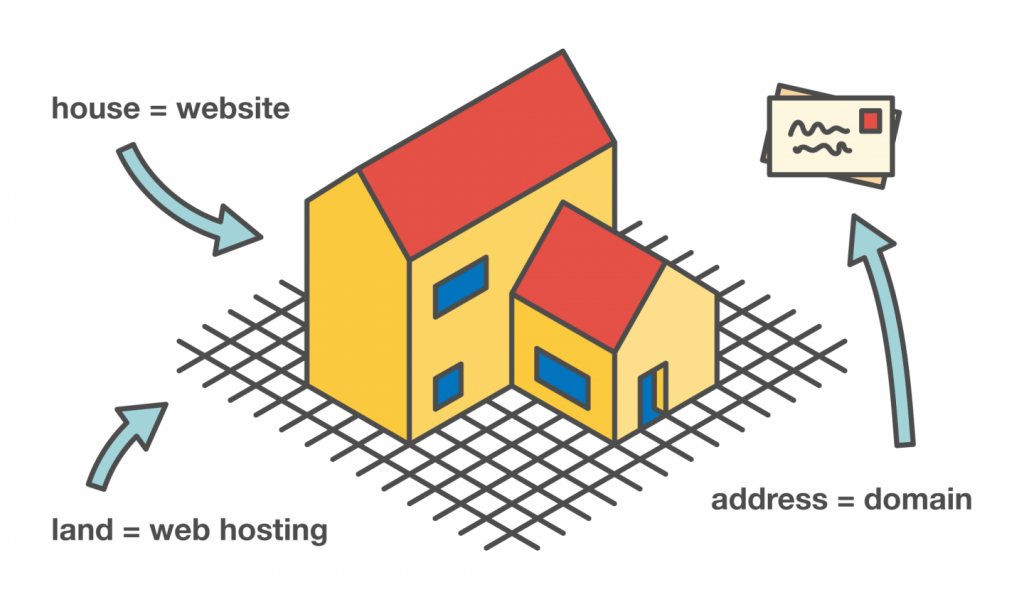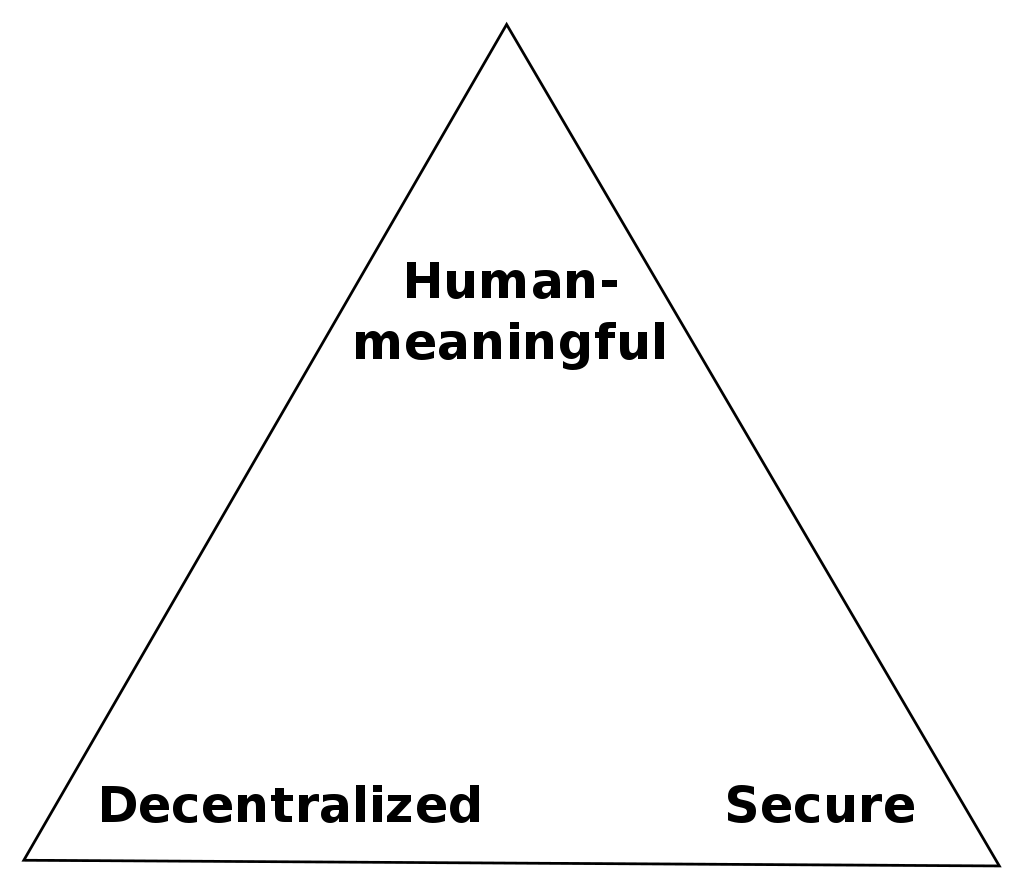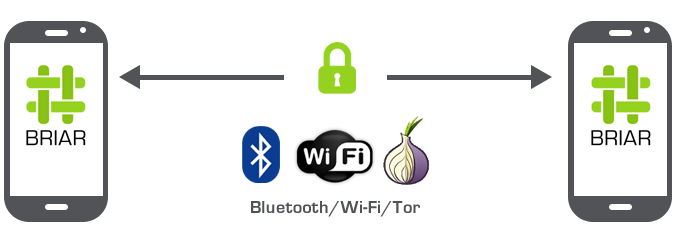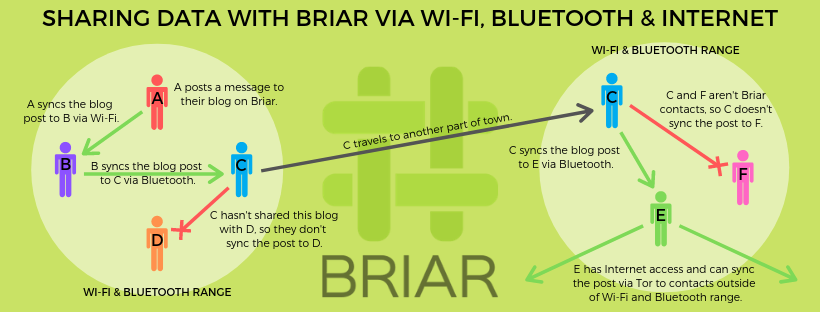Sorry! The lifestyle you ordered is out of stock
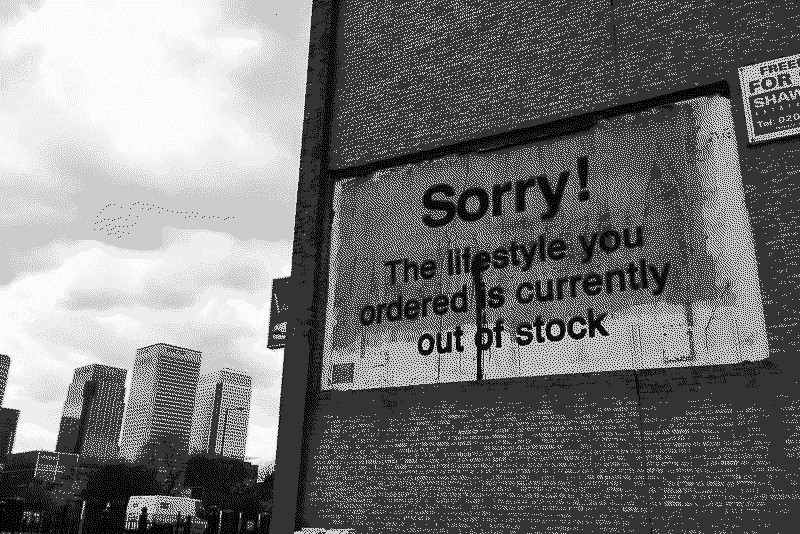
From where I sit, the day after having my booster jab, I’m more than a little bit concerned about the level of anti-vaxxer disinformation swirling around me. Yes, I wrote my doctoral thesis on ‘digital literacy’ and I think there’s a level of digital illiteracy involved in all of this. However, there’s a confluence of a few things going on here.
The world is complex, so any simple ‘answer’ to what’s driving particular behaviours are likely to be at best incomplete. For example, I’ve noticed in my interactions with vaccine-hesitant or straight-out ‘anti-vaxxer’ middle-aged white men that there are certain metaphors and tropes that tend to be used.
The rabbithole goes deep, and quickly. It’s likely to be different for varying groups in society, but for those middle-aged white guys I’ve mentioned, there’s at least some pent-up economic frustration going on. I think they also may feel an overall decline in power. At the same time, with the Black Lives Matters movement, increasing equality for women, and wars/climate chaos causing migration, there are culprits for them to pin the blame on.
As a former teacher of the subject, I certainly felt that, until recently, history was the battleground. That’s still the case to some degree, but instead of arguing over representations of the past, we now seem to be arguing over the nation of current reality. Conspiracy theories are rife, and not limited to that weird guy in the pub that you sidle away from after he’s had a few.
If we can’t agree on the past and present, then I’m not sure how we’re going to agree on the future and what it can and should look like. There’s a modicum of consensus that we need to do something about the environment and biodiversity, but how that is going to be acted upon in a period of intense political turmoil is yet to be seen.
Looking back at my TEDx Talk from early 2012 with almost a decade of hindsight, it seems obvious that what started out as playful memes could and would be weaponised for division and political factionism. While my focus at that time was on learning and the technology that can enable it, I feel that I may have been naïve not to see what could have been coming next.
Yet, here we are. Digital literacy is low, political engagement is high. That’s a dangerous and explosive combination, as we saw with the attack on the Capitol building in January 2021. My concern is that we will reap what we have sown and that Big Tech, perfecting algorithms that “give us more of what we want”, will essentially tell us that the lifestyle that we ordered is out of stock, and this will fuel catastrophic rifts in society.
In the face of this, what I can do personally is small and seems insignificant. The same is true of the climate emergency. But individual actions can make a difference, when added together, and we shouldn’t avoid taking small steps just because we can’t take large ones. So, in 2022, having IRL rational and respectful conversations with anti-vaxxers and conspiracy theorists may be just as important as taking climate action.

